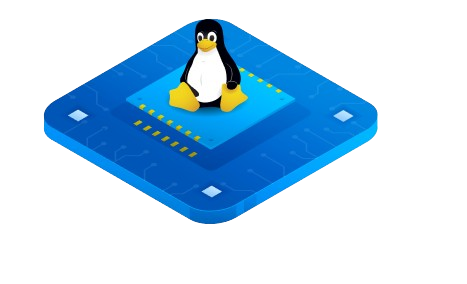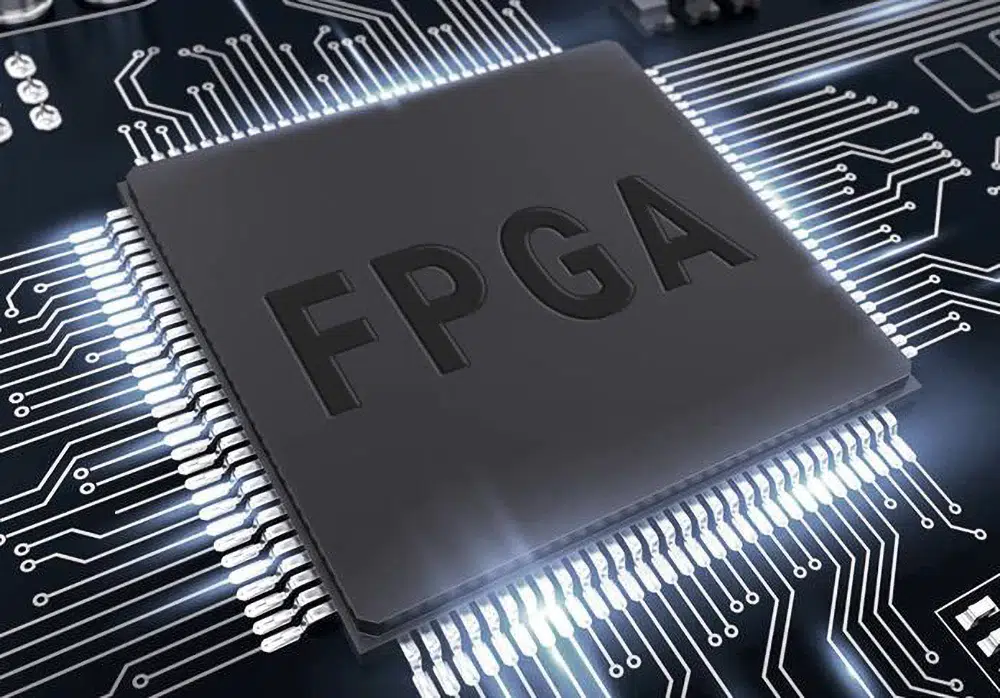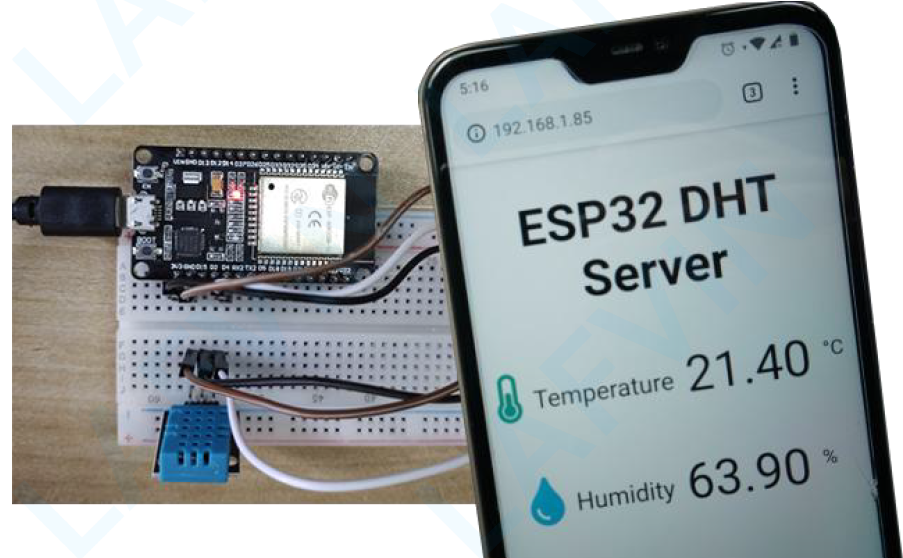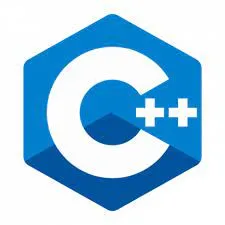This course provides embedded systems developers, making their first steps with Linux as an embedded system platform, with the skills required for being a productive programmer in that environment. The curriculum includes building applications and device drivers with real time constraints, understanding the inner working of the Linux system and its effects the system behavior.
This course provides embedded systems developers, making their first steps with Linux as an embedded system platform, with the skills required for being a productive programmer in that environment. The curriculum includes building applications and device drivers with real time constraints, understanding the inner working of the Linux system and its effects the system behavior.
Description

https://store.arduinojs.com/wp-content/uploads/2024/06/91100-.pdf
Delegates should have a working knowledge with C/C++ programming language and basic knowledge with embedded systems.
Create applications and device drivers for Embedded Linux environments, or to import such applications from systems using legacy RTOSes.
Seasoned embedded systems developers wishing to become competent Linux Embedded systems developers.
Introduction
What is Linux
Layers in a Linux system
Linux vs. Legacy RTOS
Basic concepts
Files and file system
The shell
Basic commands
Processes
Setting up networking
Application programming and the user space API
Makefiles and the build environment
Processes and threads
Real time priorities
Application programming and the user space API
Synchronization and IPC (mutex, condition variables, mailboxes, pipes, shared memory, Unix domain sockets and signals)
Timers
Memory mapping and locking
Debugging applications: in process and using remote debugger
Labs – using pipes, debugging
Linux Kernel
Kernel overview
History
Versions
Source code layout
Good practices
System call interface
Writing a simple kernel module
A simple kernel module structure
Implicit steps of compiling modules in Linux kernel version 2.6
Using shell commands to manipulate modules
The kernel log
Using the printk function
Passing parameters to the module
Memory Management
Memory areas
Memory page frames
Requesting and releasing page frames
Allocating contiguous virtual memory area
The slab and slob allocators
Memory caches and allocations
Managing slabs
Creating and destroying caches
User space memory access
Implementing a character device file
The VFS structure
Initialization and termination
Opening the device file
IOCTL
Implementing base operations
Debugging
Kernel configuration for debugging
printk
KGDB
Oops messages
Locking mechanisms
Locking requirements
Preemption
Atomic bit operations
Interrupt disabling
Spin lock
Semaphores
Linux Scheduler
Process and thread
Scheduling policies
Priorities
Kernel tasks
task_struct structure
SMP scheduling
Interrupt handling
Hardware interrupt handling basics
Interrupt handler and control
Low level handling
Wait queues technique
Threaded interrupts
Bottom halves
Differing work
Using software interrupts
Tasklets
Timers & RTC
Work queues
Network sub system overview
The layer model
Registration and un-registration
Socket buffers, allocations and manipulations
Network headers
Packet reception
Packet transmission
NAPI
לירן בן חיים
מארק ולצר
מרצים מוכרים בתחום ומאוד וותיקים עם מאות שעות הדרכה בתחום הזה בג’ון ברייס
The course includes
What will you learn
₪ 5,999.00
Out of stock
Share
More Courses who might intrest you...

קורס Embedded Linux מקצועי, מקיף ומעשי שנולד בהייטק עבור מפתחים!




